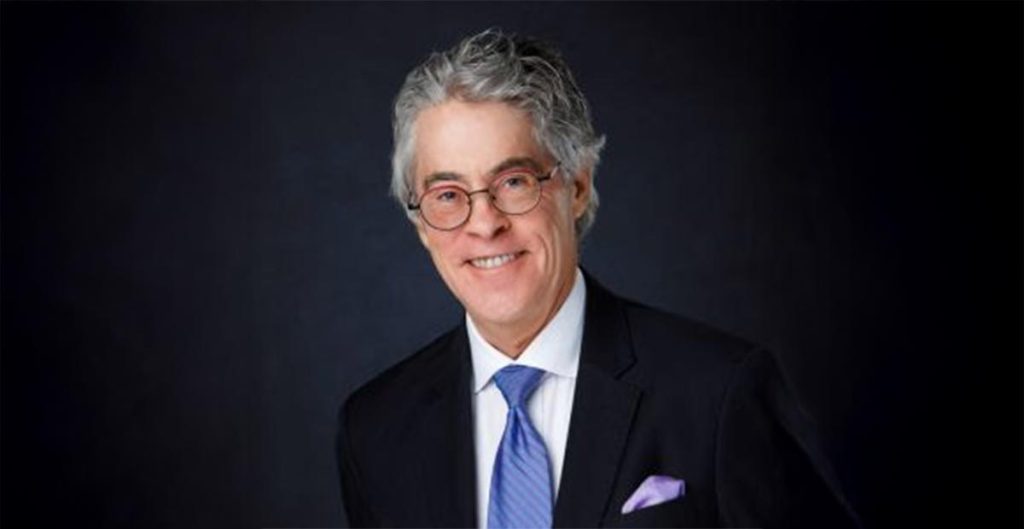Rapid City, SD – I recently visited Greenland and was a bit uncertain about what kind of reception to expect, given the impact of President Trump’s expressed interest in acquiring the world’s largest island for the U.S.
When President Trump first suggested in 2019 that the United States should “buy Greenland,” the world reacted with disbelief. Greenlanders mostly laughed. The prime minister of Denmark, which controls the territory, dismissed the idea as “absurd,” sparking a diplomatic chill between Washington and Copenhagen. The proposal appeared insulting at best and destabilizing at worst.
But here’s the twist: Greenland came out ahead.
Global media attention spotlighted Greenland’s unique culture, dramatic landscapes, and strategic importance. The new visibility brought economic benefits and a stronger sense of identity. One Greenlandic guide told me, (Rick, am I attributing this correctly?) “In the tourism industry in Greenland, we thought, oh well, this is publicity. So, the tourism increased because of that statement.”
Then in 2025, Trump raised the stakes. He repeated his desire for Greenland, this time refusing to take the idea of an “invasion” off the table. What started as comic relief had become almost threatening. Yet once again, Greenland found itself the beneficiary of unintended gains.
I saw some of this dynamic during my visit. The people I met were not intimidated; they were proud. Guides and locals alike spoke with a mix of humor and resolve. One woman recalled being in a meeting when Denmark’s prime minister flatly rejected Trump’s idea: “I was so proud of the prime minister… Because he said, ‘We are not going to talk about it. Greenland is not for sale. That’s it.’ And people were clapping and even standing up. The whole Arctic region was in that room and I was so proud.”
Denmark has been Greenland’s colonial parent for centuries, in a complicated relationship that is part dependence, part resentment, and part loyalty. Before Trump’s comments, Copenhagen often took Greenland for granted. But the notion that another nation might “buy” it jolted Denmark awake. As one Greenlander told me, “There is no such thing as a nice colonizer… With Trump making those statements, Denmark started listening to the things that we have been talking about…” The country began working towards reconciliation, investing more heavily in Greenland’s infrastructure and paying closer attention to its concerns.
Why? Behavioral economics points us to the endowment effect, our tendency to overvalue what we already own simply because it’s ours.
For Greenlanders, the idea of selling their homeland was laughable. No amount of money could buy what was theirs. That reflexive “not for sale” response deepened pride and resilience. For Denmark, the same bias magnified the importance of a territory it already controlled. What might have been taken for granted suddenly became indispensable. Trump’s proposal reinforced the ties between Greenland and Denmark.
Often, endowment bias tends to limit us, keeping us tethered to the past instead of freeing us for the future. In our personal financial lives, we tend to overvalue stocks we already own, even when better investments are available. We may hold on to real estate long past its usefulness because it’s “ours.” We even keep outdated business ventures or heirlooms for no reason other than ownership pride.
Yet sometimes, as Greenland and Denmark discovered, the bias can work in our favor. It can solidify relationships, strengthen identity, and inspire investments in what truly matters. The key is discernment: knowing when endowment bias is protecting something essential, and when it blinds us to better opportunities.
The U.S. didn’t get Greenland. Instead, Trump’s interest gained the territory recognition, tourists, and renewed investment from Denmark. That’s not a bad return on something that was never up for sale.
From Rick Kahler’s Personal Finance Weekly Column





